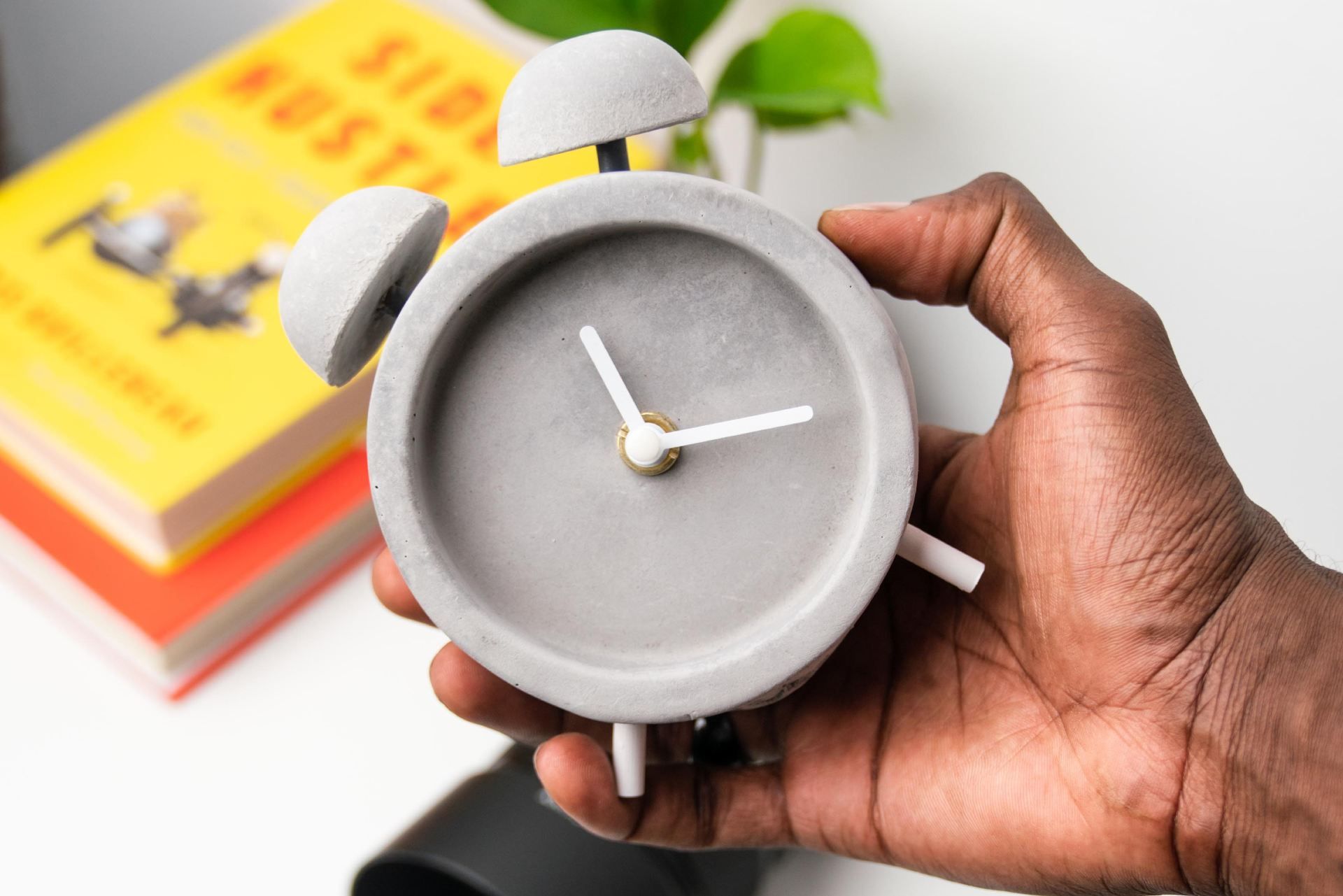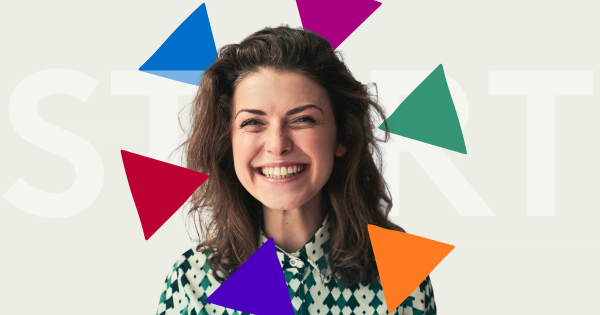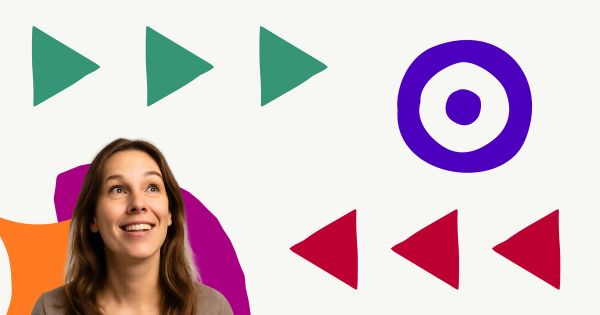No insight without action

Learning is more than just gathering knowledge and passing tests; there are other stages to bring about behavioural change.
In short, if we're going to improve something, we must act on it and face the potential for it not going right.
Many people see this as a problem with learning. Failure. Eugh. It could go wrong, and then I’ll feel awful.
Let’s reframe it.
Forming an Action Plan as an experiment allows us to see what works and what doesn’t in a safe way. We are not saying that this Action Plan must work to feel like a success, and instead, we are curious if the action could bring about the change we think it might.
For instance, if I wat to ensure I am on time for work, I might set my alarm for 30 minutes earlier. It feels like a sensible first step.
I hit snooze for half an hour and still get up later than I want.
Did my plan work? No. Does this make me a bad person? No. There is a better solution to help me get to work on time. I’ve learned something. I adapt the plan to go to bed earlier the night before and continue to set my alarm 30 minutes earlier. It works more times than it doesn’t now.
So, when coming up with an action plan:
1) think of it as an experiment; and
2) avoid thinking about right and wrong.
Instead consider how to adapt the experiment so it might work next time.
You may also like

Beyond Skills: Why Human Qualities Matter More Than Ever

Discover Your Strengths - Why One Small Step Can Lead to Big Personal Change
